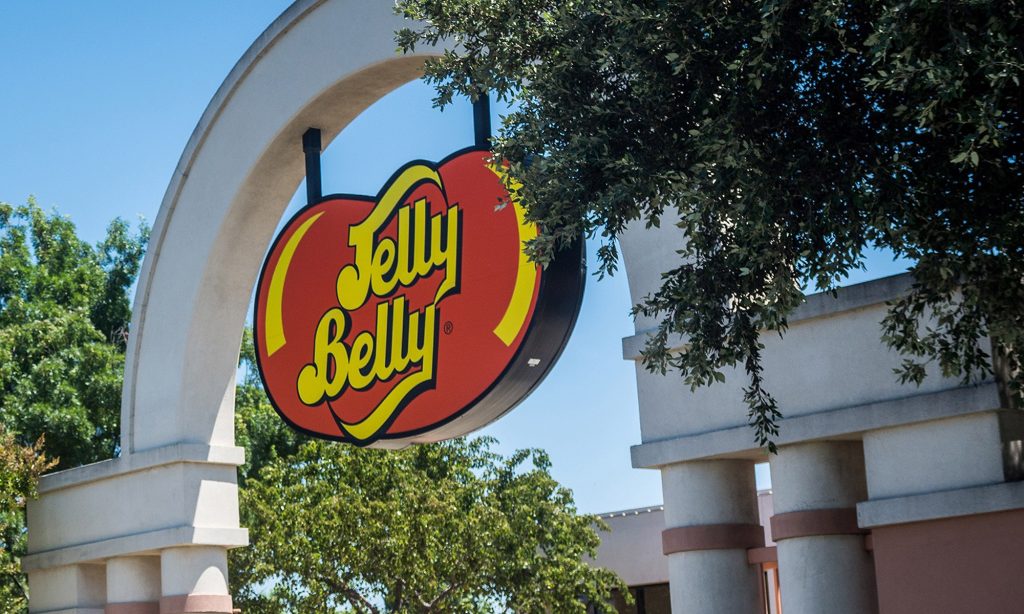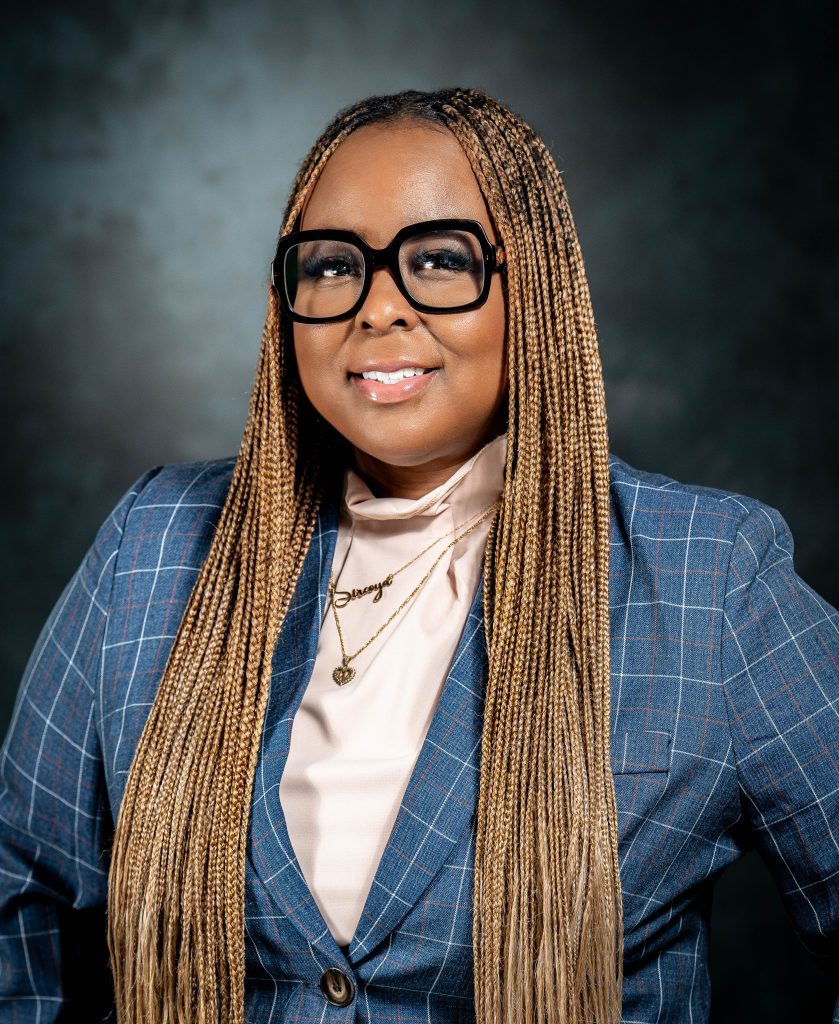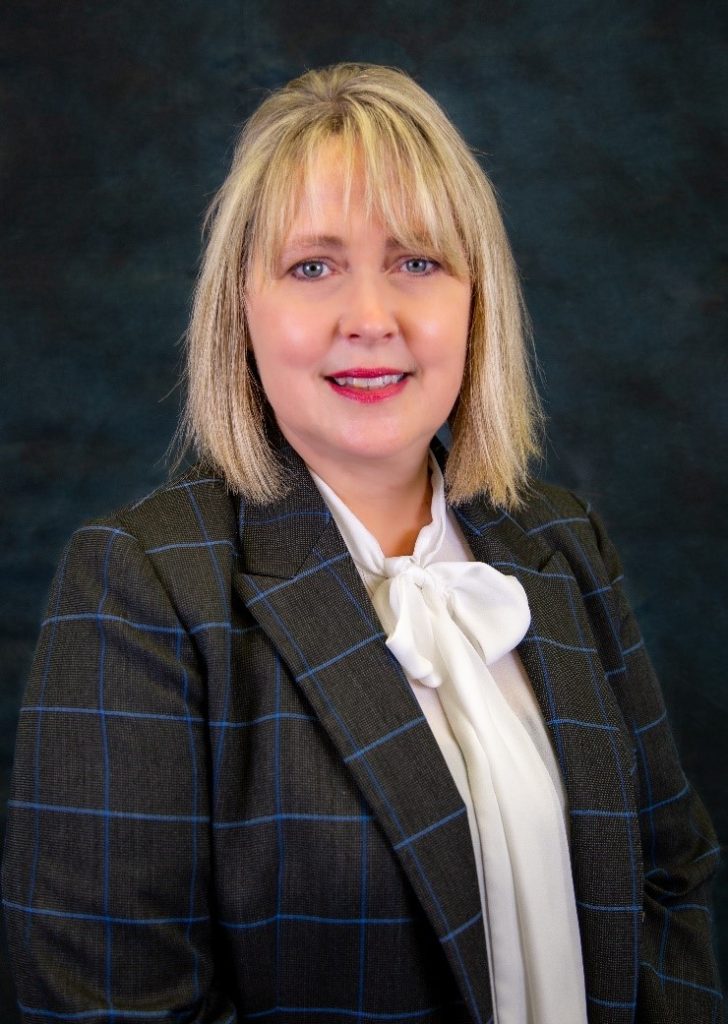California Medical Facility (CMF)
Main Phone: (707) 448-6841
Physical Address: 1600 California Dr., Vacaville, CA 95687 (Directions)
- Personnel Dept: P.O. Box 2237, Vacaville, CA 95696-2237
- Staff Mailing Address: 1600 California Drive, Vacaville, CA 95687
- Inmate Mailing Address: P.O. Box 2000, Vacaville, CA 95696-2000
- Inmate Money Orders: P.O. Box 2500, Vacaville, CA 95696-2500
Visiting an incarcerated person: learn how to visit an incarcerated person at our institutions.
Other Resources: explore family & friends resources, including how to contact or send packages to those incarcerated in our institutions.
- Career Technical Education: Computer and Related Technology. Students can receive Microsoft Digital Literacy and Microsoft Office Specialist Certification.
- Academic: Adult Basic Education, GED Prep, High School Equivalency Test (HiSET) Prep, and Voluntary Education Program (VEP), College Program (face to face) through Solano Community College, Distance Learning through Coastline Community College, Lassen Community College, Ohio State University, and California Coast University. A Computer Lab is also available as well as a Computer-Based GED Exam Center and an On-Line CTE Testing Lab.
- The Disability Placement Program (DPP): The DPP classroom/resource center is provided for inmates who have disabilities that fall under one or more of six Americans with Disabilities Act (ADA) categories including: vision impairment, hearing impairment, speech impairment, mobility impairment, wheelchair users, or other disabilities. Instruction and training are provided in areas such as: basic literacy skills for disabled students and training in computer use with adaptive software for disabled persons. The DPP Teacher works with the VEP Coordinator to facilitate student participation in the Braille Program offered through the Hadley School for the Blind. The DPP ensures that eligible students have access to equipment and software used for Braille.
- The Developmental Disability Program (DDP): It is CDCR’s Departmental policy to ensure that inmates with developmental disabilities are afforded access to education (academic and vocational), work, and other programs available to non-disabled inmates. Students who are screened and tested by CDCR clinical staff and determined to have developmental disabilities and who are enrolled in school are offered special assistance provided by the Developmental Disabilities Teachers and/or Teaching Assistants.
Blind Project
Over 50 years ago, our organization began as a cooperative effort between staff and incarcerated people at California Medical Facility (CMF), which transformed a small group of volunteers into a far reaching 501(c)(3) non-profit organization that today impacts thousands of people.
A program like the Blind Project is important because it positively affects three segments of society; the visually impaired community is provided with affordable/donated services; the Lions In Sight & California Talking Book Library benefit from our donated services; and the inmate workers while learning a technical/marketable skill also get to work in a stimulating environment.
The inmate workers are impacted by the responses received from our many clients who appreciate their high quality services. The workers feel a sense of gratification knowing they are giving back to society. For some it is an attempt to make amends for their past wrongs.
There are 20 worker positions and five (5) departments within the Blind Project: Perkins Braille Writer Repair, Braille Transcription, Eyeglass Gauging and Digital/Cassette Machine cleaning. Refurbishing Perkins Braille Writers is an integral part of the Blind Project’s success. There were 518 braillewriters serviced in 2014, which is double the amount of previous years. Though our prices are below industry averages, price adjustments are sometimes made for clients living on a fixed income or those who cannot afford the repairs.
It’s very gratifying to know our braillewriters help people live their lives, participate in their educational goals and communicate effectively. It’s more than a job for us it has become a passion. Donations are regularly made to other charitable organizations such as The Cystic Fibrosis Foundation, Mission Solano, Orchard Kindergarten’s Playground just to name a few.
Bike Project
Since 1988, the CMF Bicycle Refurbishing Project has been providing refurbished bicycles to children and families who would otherwise be unable to have bikes. The project provides bicycles to needy children. During 2002, CMF set a record by providing 606 bicycles to the local communities. We receive donations of new, used, and damaged bicycles from police departments, private businesses, and private citizens.
Inmates at CMF then refurbish the bicycles and make them look and ride like new. Bicycle paint and tires are purchased by funds collected by recycling aluminum cans from the institution.
The inmates involved in The Bike Project shared that working on the bikes brings back memories of their youth, before they made the decisions that landed them in prison. Providing a child in need with a bicycle might just help keep him or her on the right path.
The Bike Project inmate workers learn their skills from local volunteers, including Ray’s Cycle owner Mike Posey, whose family has been coming to the prison for years to share their skills with inmates in the program. Posey teaches the men about different styles of bikes, techniques for fixing them, which tools to use and how to make sure they’re safe and ready to be ridden.
The Bike Project provides a way for the institution to give back to the community, and for the inmates involved to learn new skills and spend their time in a positive way.
DRP Programs
Integrated Substance Use Disorder Treatment (ISUDT)–Overview
On January 21, 2020, the California Department of Corrections and Rehabilitation (CDCR) and California Correctional Health Care Services (CCHCS) implemented ISUDT. ISUDT is a comprehensive and evidence-based cross-divisional program with pathways to treatment through DRP Cognitive Behavioral Interventions (CBI) programs referred to as:
CBI-Intensive Outpatient (Medical Classification T1, SOMS assignment code ISI) 2-hours/day, 5-days/week, 52-weeks completion
CBI-Outpatient (Medical Classification T2, SOMS assignment code ISO) 2-hours/day, 3-days/week, 14-weeks completion
CBI-Life Skills (Medical Classification T3, SOMS assignment code CB2) 2-hours/day, 3-days/week, 29-weeks completion
All participants will be assessed by medical and referred to one of the CBI classes.
CMF is located in Vacaville, 35 miles from the capital city of Sacramento and 55 miles from San Francisco. In Vacaville you’ll find the beautiful Pena Adobe & Lagoon Valley Park, with over 470 acres of unspoiled hiking and biking trails that feature sweeping views of the hills. Twenty miles away is the world famous Jelly Belly Factory where you can tour the facility, eat some pretty interesting jelly beans and experience wine and chocolate made locally.


CMF was established in 1955 by the California Legislature to provide a centrally located facility to meet the medical, psychiatric, and dental health care needs of male felons incarcerated within the California Department of Corrections and Rehabilitation (CDCR). CMF is a medium security medical facility located in the city of Vacaville in Solano County. Vacaville is located 37 miles southwest of Sacramento and 65 miles northeast of San Francisco.
The majority of inmate-patients at CMF reside in an outpatient setting and receive health care in an outpatient clinics. Patients who require additional nursing care may be housed in the Outpatient Housing Unit (OHU). Patients who require 24-hour nursing care are housed in a licensed medical correctional treatment center (CTC). CMF also operates a 400 bed inpatient psychiatric CTC, a 50 bed mental health crisis bed CTC, and the first licensed prison hospice in United States.
Health care services provided at CMF include primary care, chronic care, and specialty care clinics; radiology, occupational and physical therapy, pharmacy services, laboratory, respiratory, inpatient and outpatient mental health treatment, end-of-life/palliative care services, services for the visually and/or hearing impaired, and services for those with other acquired or developmental disabilities.
CMF serves as a resource to the rest of CDCR and contracts with community consultants and hospital facilities to meet the complex needs of its inmate-patient population.
This facility provides both outpatient and inpatient mental health services for patients with a serious mental disorder. The licensed Psychiatric Inpatient Program at this facility is designed to provide more intensive treatment for patients who cannot function adequately or stabilize in an outpatient program.

Sircoya M. Williams was appointed Warden at California Medical Facility in January 2026. She previously served as acting warden since December 2024.
Williams began her career with the department in 2001 at CMF as a Licensed Psychiatric Technician. She was promoted to a Medical Technical Assistant (MTA) at CMF in June 2002 and, subsequently, to a Senior MTA in 2007.
In 2008, she transitioned to California State Prison, Solano (CSP-Solano), where she was promoted to Sergeant. By 2012, she advanced to a lieutenant at San Quentin (SQ). When she arrived at SQ, she quickly made another transition to correctional counselor II (CCII) Specialist for Condemned Units and then to a CCII supervisor in the Restricted Housing Unit (RHU).
In 2016, she was promoted to Correctional Counselor III (CCIII) in the Division of Rehabilitative Programs (DRP) at Folsom State Prison (FSP). Two years later, in 2018, she was promoted to Captain at Salinas Valley State Prison (SVSP).
Her upward trajectory continued in 2020 with a transfer to California State Prison, Sacramento (CSP-Sac), where she served as a captain then promoted to an Associate Warden of Business Services. In 2021, she joined the Division of Adult Institutions (DAI) Mental Health Compliance Team.
Most recently, in 2023, she assumed the role of Associate Warden for Level III Operations at CSP-Solano and later that year she was appointed as the Chief Deputy Warden at CMF, where she remained until becoming acting warden in December 2024 and warden in January 2026.
Sircoya has had a distinguished career thus far, showing her ability to pivot and showcase her knowledge in multiple facets within California Department of Corrections and Rehabilitation (CDCR). Sircoya is an intentional and supportive mentor, she develops the future leaders of the department through empowerment and leading by example. Sircoya is an adovocate of the department’s rehabilitative mission. She shows her support by consistently fostering multidisciplinary relationships for collaboration and partnership.

Traci Patterson began her career with the California Department of Corrections and Rehabilitation in 2008 as a Manager in the Budget Management Branch providing services for the Mental Health and Dental programs. In 2009, she joined the Health Care Facility Licensing and Liaison Unit, managing statewide mental health care related construction projects mandated by the Coleman Courts. Patterson accepted a position at California Medical Facility in 2011 as the Health Program Manager III, and serving as the Correctional Health Services Administrator II for Quality Management at the same time. She transferred to Mule Creek State Prison as the Chief Support Executive in 2015, and acted as the Chief Executive Officer from 2019 to June 2021. Patterson returned to CMF in July 2021 as Chief Executive Officer. She holds certification as a Correctional Health Professional by the National Commission on Correctional Health Care, and has a Bachelor’s of Science degree in Health Care Administration.
Local Inmate Family Councils (IFC’s) are a gathering of family and friends of the incarcerated who meet regularly with Wardens to support visiting since keeping strong family connections with loved ones is a powerful rehabilitative tool. These IFC’s promote visiting by clarifying rules and regulations as well as discussing health, education, vocational training, packages, books, and related issues. For more information on connecting with a local IFC, please visit the Statewide IFC website.